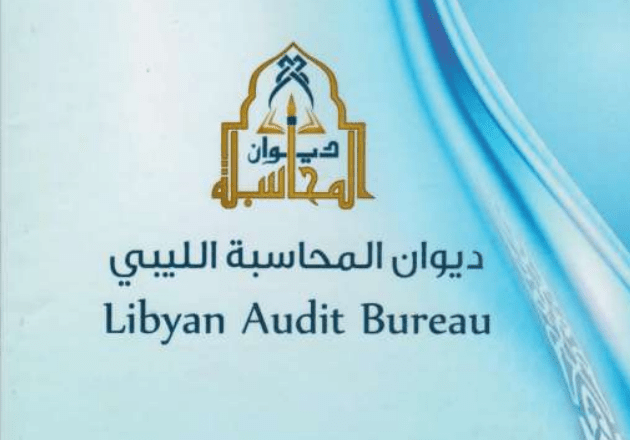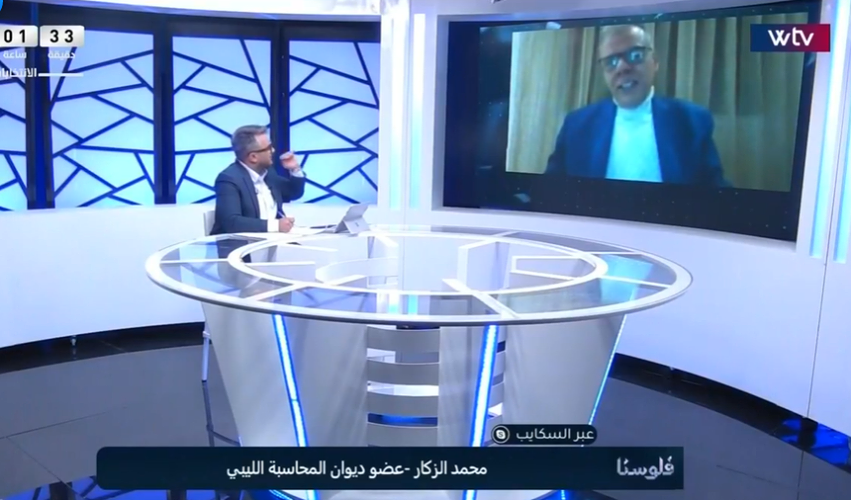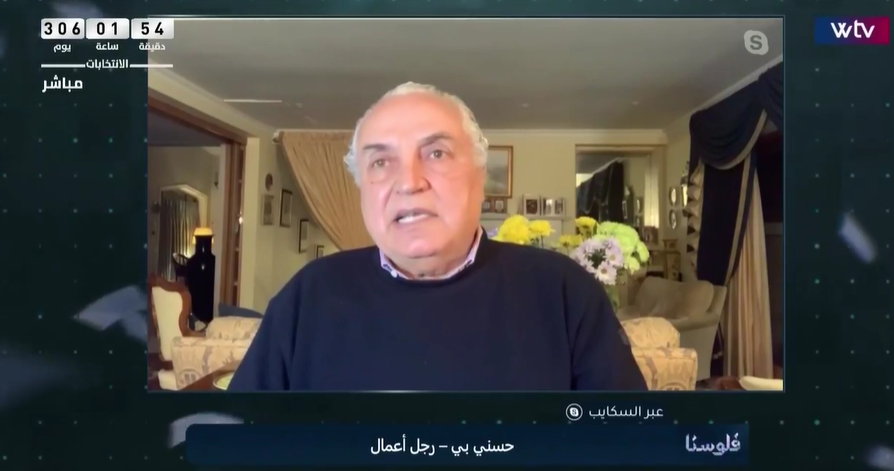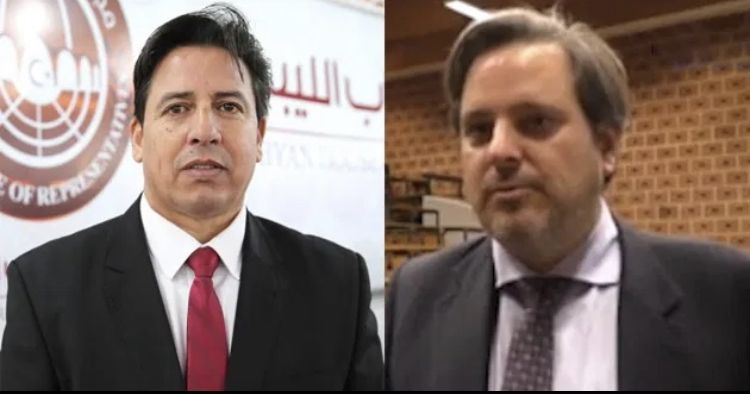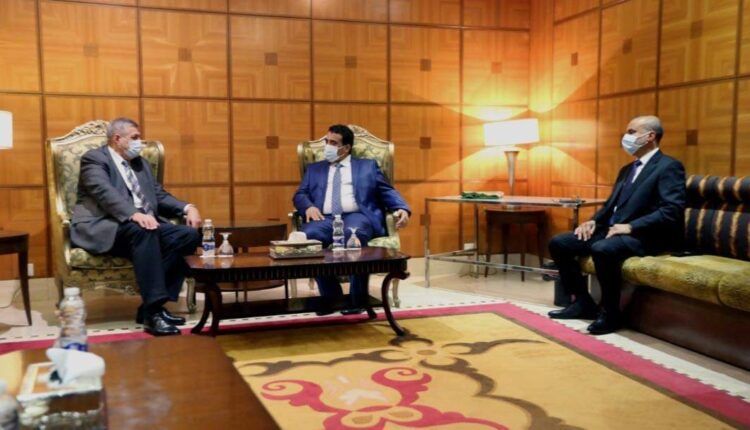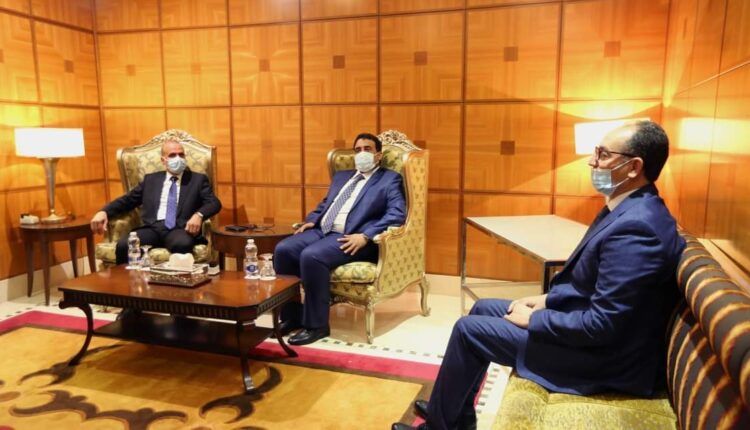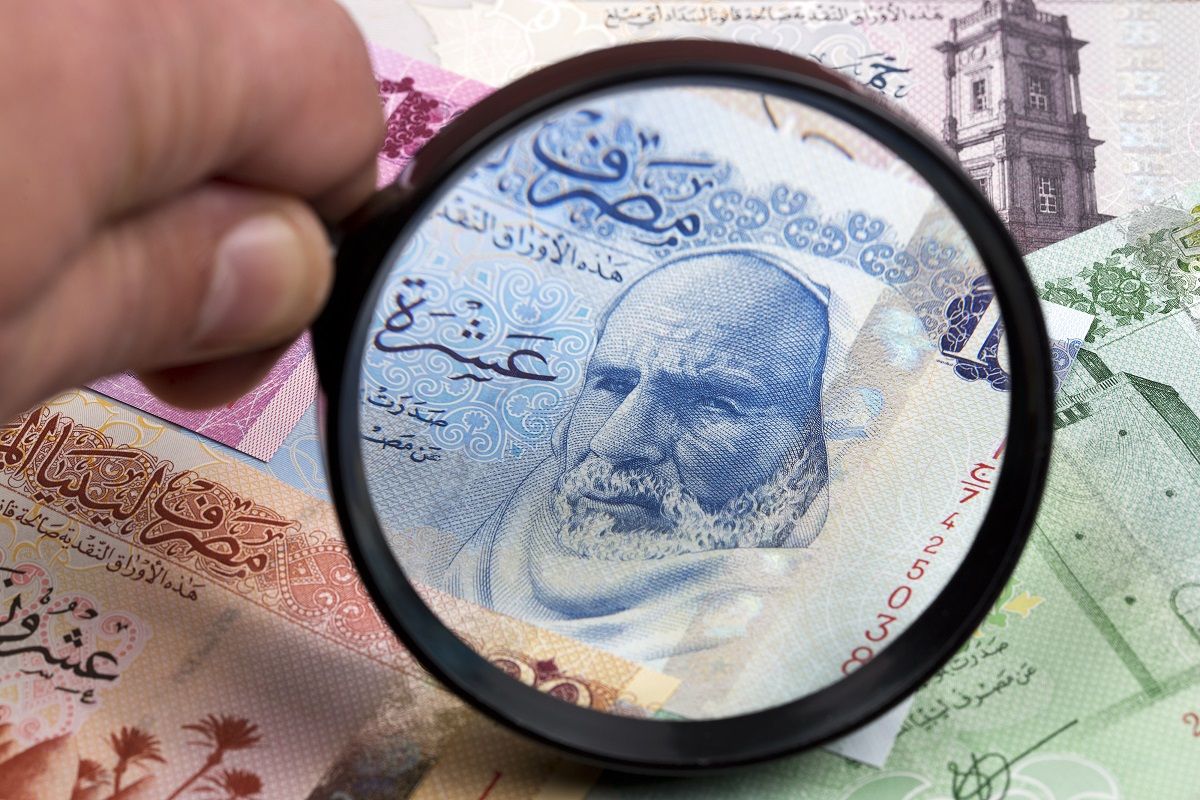A research by international NGO Global Witness has uncovered how Libya appears to be losing millions of dollars a year through the fraudulent use of its Letters of Credit (LC) system, run by the Central Bank of Libya. While a vital cog in meeting Libya’s import needs, the LC system has been plagued by abuse, which our new evidence suggests is continuing. Many of these LC deals pass through “correspondent banks” in the heart of the City of London, where weaknesses in anti-money laundering rules leave the UK’s banking system wide open to financial crime.
“Drawing on interviews with confidential sources, open-source financial information published on Facebook by the Central Bank of Libya, and our newly created database of nearly $2.5bn worth of LC transactions from April to July 2020, we interrogate how Libya spends its LC money, how this system has impacted the balance of power between Libyan institutions and whether the anti-money laundering and counter-terrorism due diligence in the UK “correspondent banking” industry is robust enough to separate genuine LCs from the proceeds of crime.” Global Witness says.
Global Witness found out that outsized LC issuance coupled with source testimony point to ongoing financial crime in Libya’s LC system, at significant cost to Libyan public finances.The rate of LC issuance from April to July 2020 far exceeded historic demand for certain goods. For example, LCs for meat over 13 weeks exceeded the value of Libya’s recorded meat imports for the entire duration of each of 2016, 2017 and 2018.
It also revealed that questions about LC governance extend into government procurement. “We explored how a $110m LC for power generators was diverted to an unrelated UAE company via a tweak in the contractor name. The money had begun to be paid out through a Libyan-owned bank in London before the LC was stopped “on suspicion of corruption”. the NGO reports.
Moreover, Global Witness found out that senior officials in the Central Bank of Libya hold directorships in Libyan-owned commercial banks overseas, a clear conflict of interest. Infact, most Libyan LCs enter the international financial system via London-based ABC International PLC, a commercial bank indirectly owned by the Central Bank of Libya and chaired by its Governor, Mr Saddek Elkaber.
“We reveal serious loopholes in the UK’s anti-money laundering and counter-terrorist finance rules for “correspondent banks”, which could be rendering them ineffective in identifying trade finance fraud, conflict finance and other types of financial crime,” Global Witness addded.
As far as the ongoing fraud in private sector Letters of Credit is concerned, Global Witness said they have created a searchable database of nearly $2.5bn worth of private sector LCs approved between April and July 2020. Comparing this to trade data from previous years they see Libyan public money is flowing out faster than the relevant goods have historically come in. The most plausible explanation is ongoing abuse of the system, on a large scale and at significant cost to Libyan public funds.
Still, Global Witness says they are publishing the database as a tool for analysing the movement of money through LCs, in the hope it will help Libyan civil society groups, journalists and citizens to track where the money is going, and to show the huge potential of transparency, should Libya build on the Central Bank of Libya’s disclosures by making LC data fully public in accordance with open data principles.
Documents seen by Global Witness show how a $110m LC for electricity turbines intended to address critical energy needs for the people of Libya was diverted to a recently incorporated UAE company with a near identical name to the original US-South African contractor. The case illustrates not only the vulnerability of the LC system, but also how control of Libya’s foreign currency has effectively given the Central Bank of Libya huge influence over how public authorities spend public cash.
This also has wider relevance for the oversight and accountability of central banks globally, with the resurgence of capital and exchange controls, financial sector bailouts and COVID-19 spending leading to a significant expansion of their balance sheets and remits in many countries. Worldwide, central banks are putting ever greater amounts of public money into private hands. Citizens are entitled to know how their money is being spent.
Concerning the way Letters of Credit money enters the international financial system via London, the NGO pointed out that the Central Bank of Libya owns a network of commercial “correspondent banks” stretching across five continents. The key intermediary for LCs appears to be Bank ABC, which is indirectly majority owned by the Central Bank of Libya and based in London, and whose chairman is none other than Central Bank Governor Saddek Elkaber himself.
Global Witness also regards this dual role as a striking conflict of interests, on the basis it is a paid directorship in a business which is profiting from its dealings with the Central Bank of Libya.The arrangement also raises questions around the independence of Bank ABC’s due diligence when processing Libyan LCs.
“Bank ABC rejects our concerns, insisting it “takes its anti-financial crime obligations very seriously and takes care to comply with applicable regulatory requirements and international best practice. We make no suggestion Bank ABC has broken any laws or regulations in relation to these matters and we have reprinted Bank ABC’s statement in full in part 3 of this report,” the international NGO Global Witness stated.

